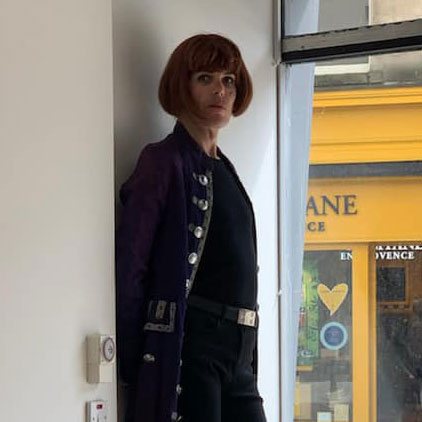We're not expecting a share of Apple's MacBook butterfly keyboard payout
The real winners here are the lawyers.

The saga of Apple's terrible butterfly keyboards has taken what will be an exciting turn for some with the news that the tech giant has agreed to settle a class action lawsuit. Cupertino's finest will pay out $50 million to customers afflicted by its eccentric keyboard technology. But don't get your hopes up for a payout just yet.
As we reported at the time, the MacBook butterfly keyboards were notorious for infuriating users and turning what are some of the best laptops for graphic design into thoroughly unreliable machines. The keyboards took their name from their key switches, which utilised a wing-like hinge instead of the usual scissor switch found in other slimline keyboards.
The big appeal for Apple was the fact that butterfly switches were 40 per cent thinner than scissor switches, enabling it to make its MacBooks slimmer than ever before. The downside was that they were incredibly unreliable (as well as being noisier than scissor switches). A tiny bit of dirt or dust under a key could cause the butterfly mechanism to jam, resulting in unresponsive or sticky keys.

With the butterfly keyboard installed in the MacBoook, MacBook Pro and MacBook Air between 2015 and 2019, this understandably led to a whole lot of unhappy users. And to make matters worse, Apple launched a repair and replacement programme after the complaints started to flood in but ended up replacing a lot of faulty keyboards with fresh butterfly keyboards that then failed in exactly the same way.
Apple first attempted to fix the problem by adding a silicon membrane to the 2018 MacBook Pro, designed to keep dust and other contaminants out, but even these keyboards proved to be fault-prone. The company finally withdrew the butterfly design in 2020, going back to the more reliable scissor mechanism (which means you can order the new MacBook Air 2022 with confidence). But it wasn't quick enough to avoid a class action lawsuit that alleged that Apple knew its keyboards were defective but carried on selling them anyway.
This week, Apple finally agreed to settle the action with a $50 million payout. Sounds attractive, right? Unfortunately, you won't see any of that cash unless you live in specific states in the US. The action was brought on behalf of users in the US states of California, Florida, Illinois, Michigan, New Jersey, New York, and Washington DC. Only customers who bought their MacBooks in those states will receive any compensation.
If you're fortunate enough to live in one of those states, you could receive up to £395 if you had multiple keyboards replaced, $125 if you had one replaced, and $50 if you had keycaps replaced, once the settlement is approved. But, as ever, the real winners here are the law firms that brought the suit. Court papers show that they may be taking up to $15 million from the settlement to cover their legal fees.
Get the Creative Bloq Newsletter
Daily design news, reviews, how-tos and more, as picked by the editors.
Apple, meanwhile, still refuses to acknowledge any wrongdoing, so if you're one of the majority of customers not covered by the settlement, the best you'll get is the promise of four years of free keyboard repairs from the date of your MacBook purchase, which isn't a lot of good if you bought your laptop more than four years ago.
Thinking of getting a new MacBook Pro? Check out our MacBook Pro 13-inch (M2, 2022) review to see what we think of the latest model. Although, new reports suggest you may want to wait. If you are looking at buying now, make sure you take a look at the best MacBook Pro deals.
Read more:

Thank you for reading 5 articles this month* Join now for unlimited access
Enjoy your first month for just £1 / $1 / €1
*Read 5 free articles per month without a subscription

Join now for unlimited access
Try first month for just £1 / $1 / €1

Jim McCauley is a writer, performer and cat-wrangler who started writing professionally way back in 1995 on PC Format magazine, and has been covering technology-related subjects ever since, whether it's hardware, software or videogames. A chance call in 2005 led to Jim taking charge of Computer Arts' website and developing an interest in the world of graphic design, and eventually led to a move over to the freshly-launched Creative Bloq in 2012. Jim now works as a freelance writer for sites including Creative Bloq, T3 and PetsRadar, specialising in design, technology, wellness and cats, while doing the occasional pantomime and street performance in Bath and designing posters for a local drama group on the side.
